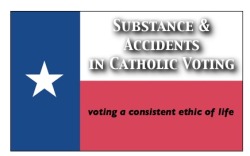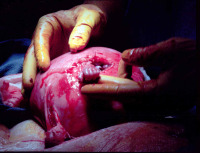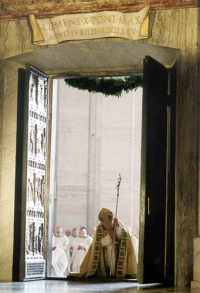 IT'S ALL ABOUT ME!!!I was two years into my parish-based youth ministry job when we decided to do a middle school (EDGE) night on pornography. We would talk about it from a positive and life-affirming view of human sexuality. We split the guys and girls up so that we could talk more freely.
IT'S ALL ABOUT ME!!!I was two years into my parish-based youth ministry job when we decided to do a middle school (EDGE) night on pornography. We would talk about it from a positive and life-affirming view of human sexuality. We split the guys and girls up so that we could talk more freely.
I took an anonymous poll with these 85 seventh and eighth grade boys. Out of 85 boys, 83 had seen porn at some point in their lives; 78 had seen it in the last 2 months; 76 in the last 2 weeks; and around 71 out of 85 had seen porn in the last 2 days. Talk about a train wreck!
Pubescent drives are intensely powerful, but they do not have to define us. The sins of lust are probably the most difficult to break once a habit has been established. Some young men progress from occasional use to habit to addiction to full-on compulsive behavior. My hope is to break the habit. Addictive and compulsive behaviors are way above my pay grade. But always remember the words of Pope John Paul II: "You are not the sum of your weaknesses and failures, but rather, you are the sum of the Father's love..."



